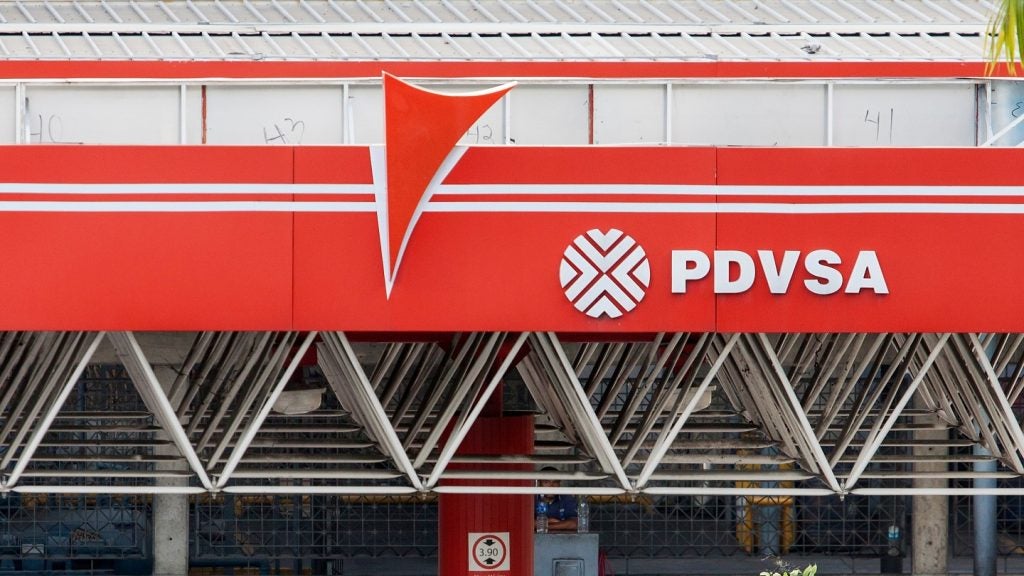
For Nigeria, the 13th largest oil producer in the world, the oil and gas industry is the epicentre of its economy and the source of nearly all its export revenue. It has total oil reserves of 36 billion barrels and ranks seventh in terms of natural gas reserves at 187 trillion cubic feet.
An OPEC member, the country is a major international supplier and the fifth largest source of oil imports to the US.
However, for all its potential, Nigeria is currently producing approximately half its capacity as its oil and gas industry has been severely hit by a strained fiscal budget, a damaged midstream and downstream sector and debilitating attacks to infrastructure by militant groups.
The country’s Petroleum Industry Bill (PIB) is an attempt to revive the industry’s fortunes. In the works for almost a decade, the bill is now in the final stages of discussion. At its centre is the government’s desire to overhaul the fiscal, operational and sectoral framework of the oil and gas industry.
The bill’s main aim is to improve the efficiency of the Nigerian National Petroleum Corporation (NNPC), boost the government’s take in oil and gas projects and increase natural gas use.
See Also:
Petroleum bill’s likely changes
How well do you really know your competitors?
Access the most comprehensive Company Profiles on the market, powered by GlobalData. Save hours of research. Gain competitive edge.

Thank you!
Your download email will arrive shortly
Not ready to buy yet? Download a free sample
We are confident about the unique quality of our Company Profiles. However, we want you to make the most beneficial decision for your business, so we offer a free sample that you can download by submitting the below form
By GlobalDataUnder the changes, the National Petroleum Directorate will be made responsible for policy formulation, representing the government in international oil and gas bodies and acting as the custodian of all unassigned acreages in the country. The NNPC, meanwhile, will be transformed into a profit-driven company much like the national oil companies of Brazil, Malaysia and Saudi Arabia.
For the midstream and downstream sectors, the bill calls for the reorganisation of the NNPC’s midstream and downstream assets. The Pipelines and Products Marketing Company, a subsidiary of the NNPC, will be split into two bodies: the National Transport Logistics Company, responsible for pipelines, bulk terminals and depots owned by the government; and a downstream product marketing company.
The Nigerian Gas Company will also be split to create the National Gas Transportation Company, which will handle midstream gas pipeline transportation, and a downstream gas marketing company owned by the NNPC.
The bill also looks to introduce changes into Nigeria’s fiscal policy. It states that companies engaged in upstream petroleum operations are required to pay company income tax.
A Nigerian Hydrocarbon Tax, a simplified version of the Petroleum Production Tax, may be implemented and tax offsets and upstream investment tax allowances eliminated. The government may also see a larger share of oil and gas revenues in line with the fiscal regimes of other major oil and gas-producing countries.
Local upstream support
A major incentive for the PIB is that it provides special support to indigenous upstream oil companies. Domestic companies will not have quota restrictions on production below 10,000bpd. They will also be given small field allowances, while the royalty rates of small producers will remain low. Very small fields will have a low government take to encourage their development by small Nigerian-owned companies and marginal operators.
The bill has numerous provisions to allow the directorate to take over licences after ten years of inactivity as part of relinquishment clauses and marginal fields initiatives. The government plans to boost local sector participation in such fields by adding further incentives. More than 30 fields have already been reallocated to indigenous operators under the initiative and the government has indicated it wishes to proceed quickly with a new round after the bill is passed.
The PIB also aims to increase the local content requirement. Field development programmes will not be passed without an approved Nigerian content provision plan for projects exceeding $10m. The bill calls for the purchase of goods and services from outside the country, when Nigerian alternatives are unavailable, and it will be mandatory for companies to create and support local businesses and consult with communities.
Natural gas will receive special provisions by aiming to provide support for the government’s gas master plan, which aims to promote the overall natural gas industry in Nigeria.
The provisions will offer domestic gas supply requirements an aggregate gas price and also propose the establishment of a domestic gas market aggregator to manage the country’s gas supplies. The bill also mandates a gas export licence for companies operating in the country.
For companies operating in Nigeria, the PIB calls for existing joint venture contracts to be turned into incorporated joint ventures with the new NOC. It also provides for explicit licences for oil, gas or both.
Oil and gas will be treated separately for cost and taxation purposes, with a lower tax rate for gas than for oil in order to promote natural gas production.
The bill proposes imposing higher royalties for oil produced as well as higher tax rates on companies operating in Nigeria. It will also allow the government to renegotiate existing deepwater contracts and repossess unexplored fields already contracted to companies.
PIB opposition
Even though the bill offers various provisions for the development of the oil and gas industry, it may require certain changes before being passed. The PIB has been snubbed by senators from Nigeria’s six oil-producing states who feel that it does not address the issue of distribution of oil revenues.
The senators argue that the bill focuses only on production and commercial aspects without giving due consideration to the region where it is being explored and the local communities of the area. In addition, IOCs operating in the country have unanimously disapproved the bill.
They have expressed concern that if the PIB is passed they may have to reduce their investments in Nigeria, drastically diminishing foreign investment. Chevron expressed its concern over the bill saying that deepwater oilfields in Nigeria would fail under the proposed legislation due to ill-advised fiscal terms.
The company is a major player in the country, investing $3bn a year in new and existing oil and gas projects. Exxon Mobil’s officials in Nigeria said the legislation would threaten the company’s plans to invest $60bn in the country over the next few years and would hamper growth and impede investment.
Eni’s officials have voiced worry over the PBI saying that if it becomes law, the company would not be able to meet its goal of increasing production by 70,000bpd by 2012. Shell Petroleum Development Company of Nigeria said that the bill’s proposed fiscal and tax changes make the legislation unviable.
State backing for PIB
BG Group, the UK’s third largest natural gas producer, has already announced that it is reducing funding of its Nigerian LNG export project and switching investment to develop newly acquired assets in Australia as a result of delays in the Nigeria LNG facility amid surging costs and government plans to divert gas to the domestic market.
If IOCs decide to reduce the investments in the country then the NNPC may find it hard to mobilise the financial resources needed to develop the country’s oil and gas industry. However, the government of Nigeria has supported the PIB saying that despite the higher royalties and taxes, the proposed terms are competitive with other deepwater terms around the world, and are favourable for small fields under low oil prices.




